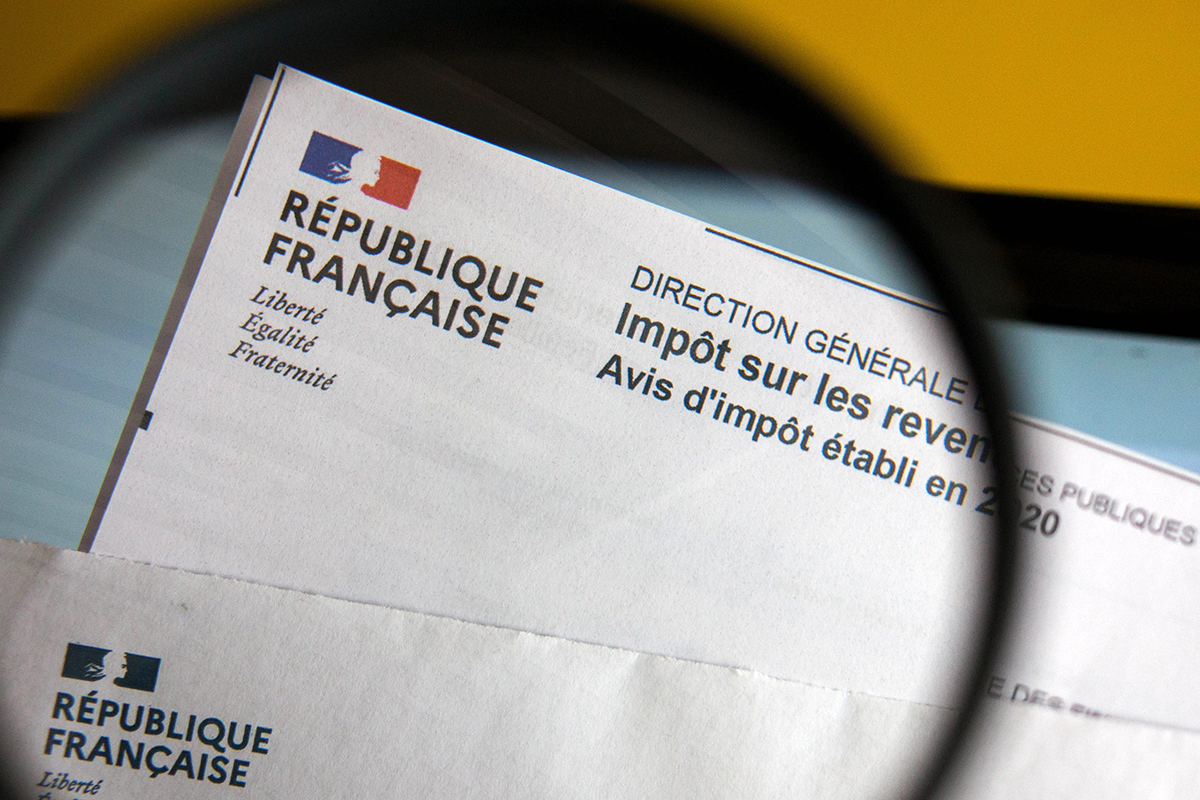Navigating the French tax system can be a real challenge, especially for a foreign company that needs to adapt to regulations often very different from those in other countries. In France, taxation is not only complex but also very strict, with several types of taxes that your subsidiary must manage. Understanding and complying with these rules is essential to avoid penalties and ensure the healthy and efficient management of your tax obligations. This is where Hexagone Advisory can help by offering personalized support to handle these processes stress-free.
Corporate Tax (IS): Understanding Rates and Obligations
One of the main taxes a subsidiary established in France is subject to is corporate tax (IS). This tax is levied on the profits generated by your entity in France. However, the IS rate varies depending on the size of the company and its profits.
Corporate Tax Rates in France
In 2024, the IS rates are as follows:
- Standard rate: 25% on profits.
- Reduced rate for SMEs: 15% on the first €42,500 of profits for small businesses with a turnover below €10 million and that meet certain conditions (such as holding at least 75% of their capital).
Dates and Declaration Methods
Corporate tax is usually paid in several quarterly installments, with a final adjustment at the end of the fiscal year. To avoid delays or errors in the declaration, it is crucial to know the payment dates and ensure the declared amounts are accurate.
VAT (Value Added Tax): Mastering the Subtleties of French VAT
VAT (Value Added Tax) is an essential tax for all companies operating in France, and this includes your subsidiary. The standard VAT rate in France is 20%, but there are also reduced rates that apply to certain goods and services:
- 10% for unprocessed food products, catering, transport, etc.
- 5.5% for basic necessities (basic food, books, etc.).
- 2.1% for reimbursable medicines and certain cultural events.
Intra-Community VAT: Managing Your Transactions in Europe
If your subsidiary engages in intra-community transactions (within the European Union), managing VAT becomes even more complex. You will need to obtain an intra-community VAT number and declare all your intra-EU transactions using this number. Companies exporting goods to other EU countries can benefit from a VAT exemption but must be able to prove that the goods have left France.
Other Taxes: Don’t Overlook Local and Sectoral Contributions
Economic Territorial Contribution (CET)
The CET is a local tax that applies to all companies conducting economic activities in France. It consists of two components:
- Corporate Property Tax (CFE): Calculated based on the rental value of the real estate used by the company for its activities.
- Value-Added Contribution (CVAE): Calculated on the added value produced by the company but only for those with a turnover exceeding €500,000.
Payroll Tax
If your subsidiary is not subject to VAT (for example, for certain exempt activities), it will have to pay the payroll tax. This tax applies to salaries paid to employees, and its rate increases with the amount of salaries. It is a tax specific to France, which may surprise foreign companies.
Hexagone Advisory: Your Partner for Stress-Free Tax Management
With all these taxes to manage, it’s easy to feel overwhelmed or make costly mistakes. This is why Hexagone Advisory offers a comprehensive tax management service tailored to international companies. We handle:
- Calculating and declaring your corporate tax.
- Managing your tax obligations regarding VAT, whether for domestic or intra-community transactions.
- Assisting with the declaration and payment of other taxes (CET, payroll tax, etc.).
- Providing advice to optimize your tax situation while complying with regulations.
Thanks to our expertise, you can focus on developing your business in France, knowing that all your tax obligations are in good hands.






